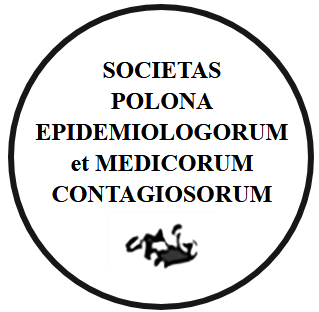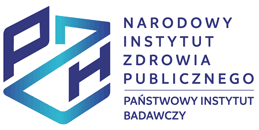ABSTRACT
INTRODUCTION AND OBJECTIVES. The myocardial infarction is the most severe manifestation of coronary artery disease. The promotion of self-efficacy in these patients can be effective in the improvement of their quality of life. The aim of this study was to investigate the effects of a self-management program based on 5 A`s model on the quality of life and self-efficacy of the patients with myocardial infarction.
METHODS. The current study was a clinical trial that was conducted in Ayatollah Kashani and Hajar hospitals in Shahr-e Kord (Iran) with the participation of 96 patients with myocardial infarction. The research units were blocked randomly into two 48-patient intervention and control groups. The training content was provided to the intervention group in five stages and they were asked to implement in three months. The demographic information questionnaire, the Ferrans and Powers Quality of Life questionnaire, and Sullivan Self-Efficacy questionnaire were the data collection instruments. The mean scores of pre and post-intervention were compared by the use of SPSS, version 16, software, paired t-test, single t-test, chi-square, and Fisher’s Exact Test.
FINDINGS. The results showed that the mean squares of quality of life and self-efficacy in pre and postintervention had a significant difference and the intervention group had a higher quality of life and self-efficacy levels compared to the control group (P<0.001).
CONCLUSION. According to the results of the study, it is suggested to use this model for empowerment and caring of patients besides the medicinal treatments, so that it would not lead to inability, reduction about the medical centers, frequent hospitalization, and ultimately, reduction in medical costs, and promotion of the society’s health.
Możesz zmienić ustawienia cookies w swojej przeglądarce. Ograniczenie stosowania plików cookies w konfiguracji przeglądarki może wpłynąć na niektóre funkcjonalności dostępne na stronie.




